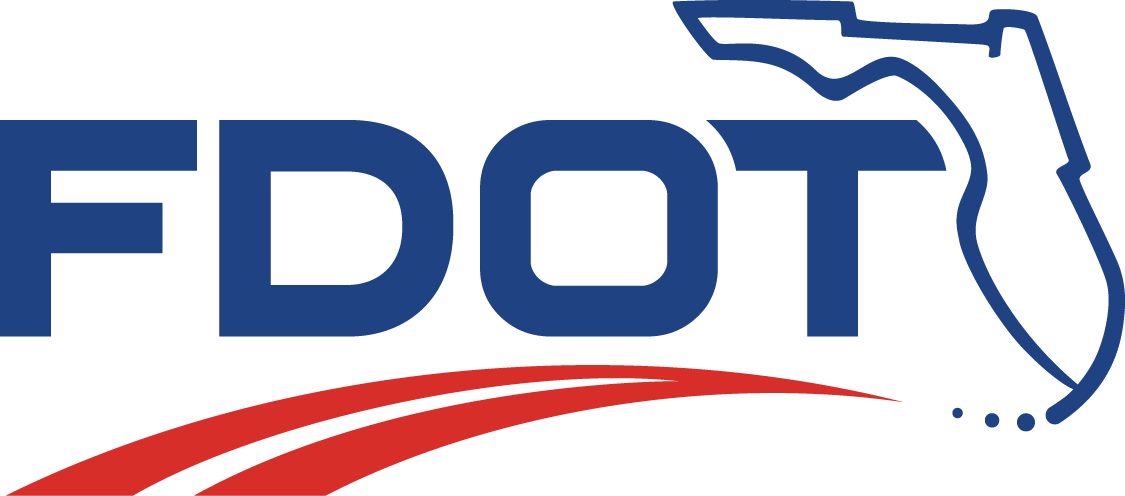Alternative Contracting History
Historically, cost was the major factor in determining the winning contractor to construct Florida’s highway projects. “Low Bid” has long been the norm for doing business at FDOT, although we recognize that factors other than cost are
equally important. Years ago we were given the right to evaluate "project specific" innovative contracting practices, having the potential to reduce the life cycle cost of projects while maintaining product quality. Finally we recognize that items
such as quality, delivery time, safety, life-cycle costs and use of new or improved technologies are also valuable.
Since 1990, FHWA has been evaluating methods for improving the efficiency of delivering transportation improvement projects under the Special Experimental Projects 14 Program. The SEP-14 program has provided the State DOTs with a vehicle for evaluating various types of non-traditional contracting
on Federal-aid highway contracts. The objective of SEP-14 is to evaluate project specific innovative contracting practices that have the potential to reduce the life cycle cost of projects, while maintaining product quality. Three of the four experimental
techniques originally identified have been declared operational (cost-plus-time bidding, lane rental and warranty clauses).
In 1996, the Florida Legislature authorized the Department to use Alternative Contracting techniques intended to control time and cost increases on construction projects.
In 1995, the Florida Legislature authorized the Department to use the
Design-Build process for buildings,
major bridges, and rail corridor projects. In 1996, this authority was further expanded to include all project types as a part of the "innovative" practices package. The Department is required to comply with the annual contracting monetary cap set
by the statute for Innovative Contracting.
